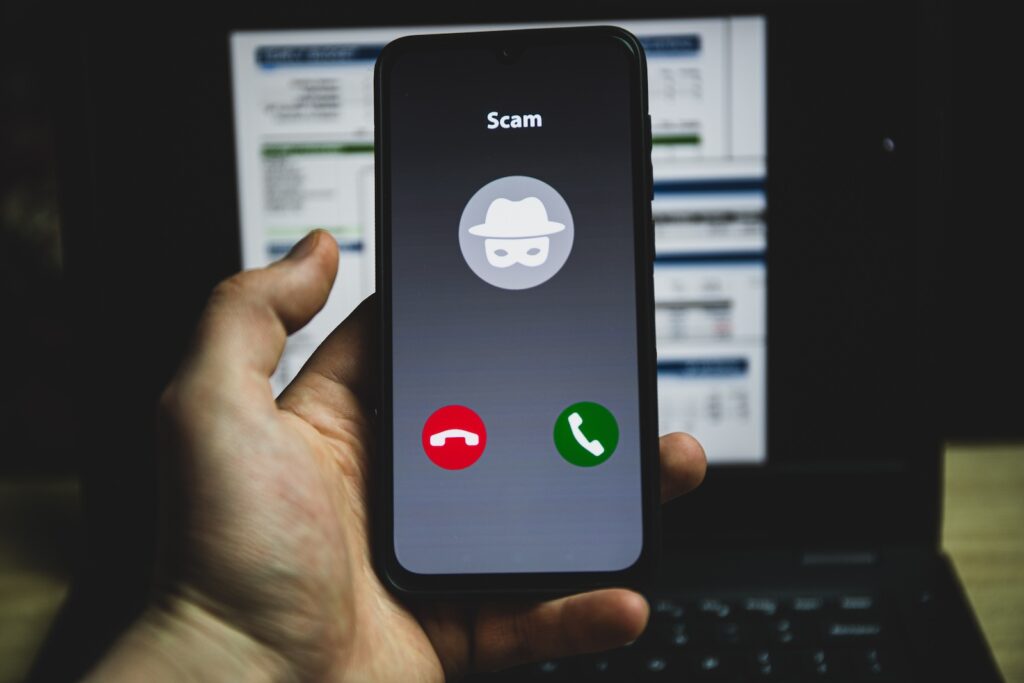Beware of Fake Invoices: Scammers Target Customers with Fraudulent Bills
Imagine waiting for an invoice from a company you trust, only to end up paying a scammer instead. This scenario is becoming a reality for many people, as fraudsters have started impersonating legitimate businesses to send out fake invoices. These deceptive documents look real but direct payments to the scammer’s bank account, not the business you intended to pay.
Here’s how it works: let’s say you recently hired a company for some services, and you’re expecting a bill. Scammers, who are always looking for ways to trick people, might send you an invoice that seems to come from that very company. Everything about the invoice could seem correct – the company’s logo, the services listed, and even the timing. But there’s one big difference. The bank account details on the invoice are not for the business you hired; they belong to the scammer.
This tactic is a type of identity theft. Scammers steal the identity of a business to trick customers into thinking they are paying for legitimate services. Once you transfer the money to the scammer’s account, it’s incredibly difficult to get back. You might even end up having to pay the real invoice on top of the fake one, doubling your loss.
So, how can you protect yourself from falling victim to this deceitful practice? Here are some tips:
1. **Double-Check Email Addresses and Invoice Details:** Before making a payment, carefully look at the email address it came from and compare it with previous correspondence. Scammers might use an address that looks very similar to the real one, with minor changes that are easy to miss if you’re not looking closely.
2. **Contact the Company Directly:** If something feels off, trust your gut. Reach out to the company through a phone number or email address you know is genuine. Ask them to confirm the invoice and the payment details before you send any money.
3. **Keep an Eye on Your Accounts:** Regularly check your bank statements and accounts for any unauthorized transactions. The sooner you notice something amiss, the faster you can act to resolve it.
4. **Educate Yourself and Others:** Awareness is your first line of defense. By learning about these scams and sharing information with friends and family, you can help protect not just yourself but others in your community.
Scammers are constantly finding new ways to deceive and steal from people. It’s crucial to stay informed and be cautious when dealing with financial transactions, especially online. By taking a few extra steps to verify invoices and payment details, you can shield yourself and your finances from these unscrupulous fraudsters.

